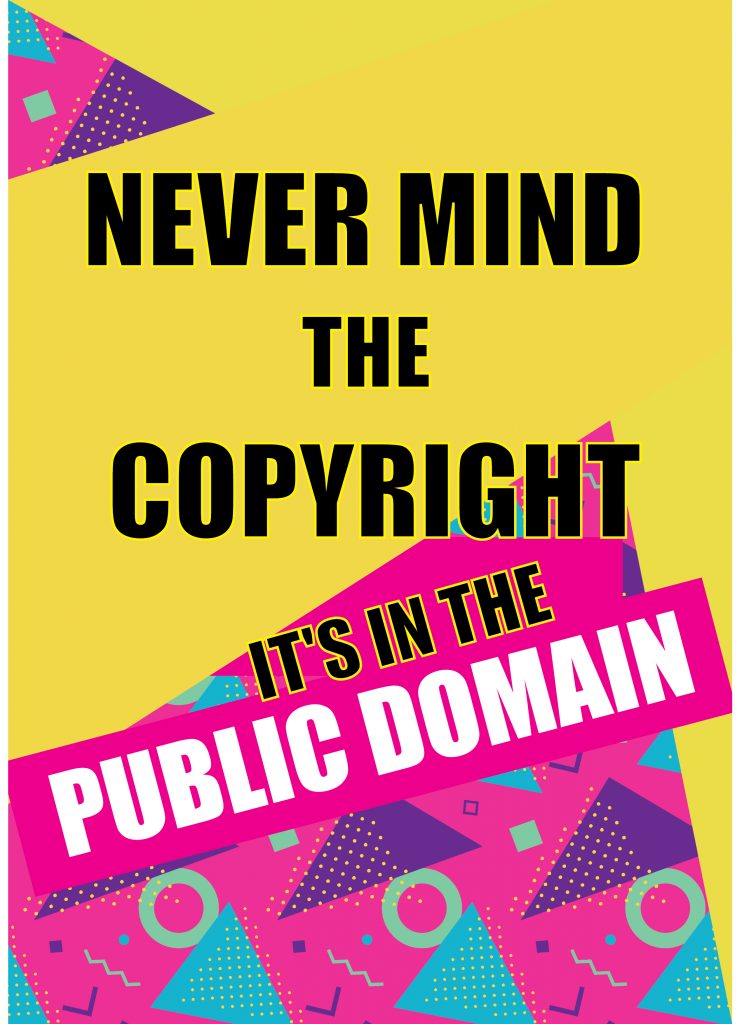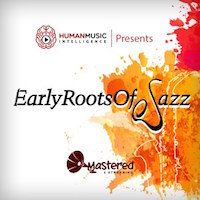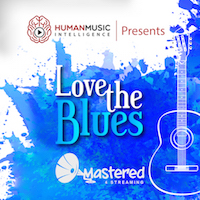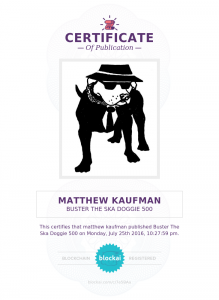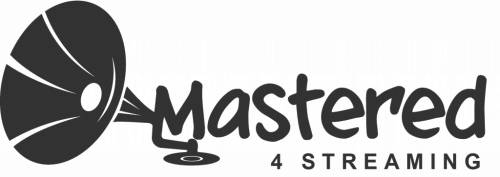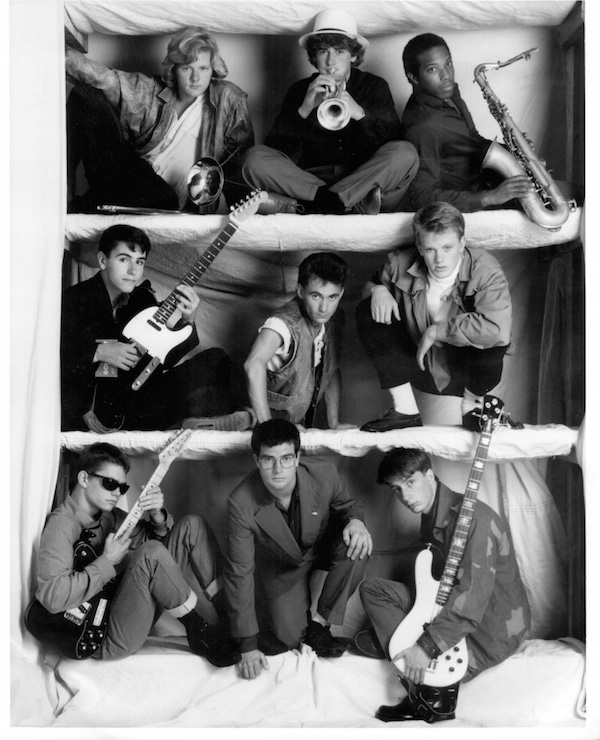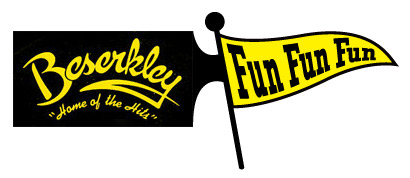
Adding music to your film/video is way complicated.
It doesn’t need to be!
I am able to offer a unique solution.
I own a small independent label (Fun Fun Fun Recordings), along with the publishing rights to a large percentage of these quality sound recordings.
I founded little independent label, Beserkley Records, and I was their chief record producer. We had international hits and established the careers of Jonathan Richman, Greg Kihn, The Rubinoos, and Earth Quake.
I’ve already spoken to the Fun Fun Fun Recording Artists, who agree and want to enable creators to use their music. So there is no need to negotiate in advance to, acquire music to create your work. I’m offering music to fill the your scenes, with no upfront negotiations, one-stop clearance, and i’m inclined to allow free use, if your use is non-commercial.
Yes I will lend you music for your film/video creations so you can get the needed financing, no need to negotiate licenses in advance. I will also grant both synchronization and music licences for free if you are a non-commercial user. I’m one guy to deal with, and I’m a creator myself.
Here’s what you need to know about getting music for your film or video.
There are two separate rights-holders to negotiate with, for music rights: the owner of the sound recording grants the “synchronization license,” and the songwriter grants the “music license.”
Both rights-holders must grant the rights to the film/video maker.
To make things more complicated, the sound recording might be owned or controlled by a recording company. This use is governed by the contract between the record company and the recording artist, and can include the business affairs and legal departments and lawyers, to get a license.
After the copyright holder of the sound recording grants the use of the recording, the film/video maker still needs rights from the songwriter’s representative to use his/her song in their film/video.
Starting to sound complicated?
Here’s a good explanation http://www.copyrightkids.org/permissioninformation.htm
Plus the songwriter usually has granted rights to represent his/her song to a publisher, and this usually requires negotiations as well. Also, the writer is a member of a performing rights society (ASCAP, BMI, and SESAC for example), to collect on behalf of the songwriter from broadcasters for the music rights.
Please note there is no central clearing house for the synch license, and once the synchronization fee is paid, the distribution has already been negotiated in the recording contract if there is one.
Youtube, Vimeo and other sites have made blanket deals with major labels and large publishers which allows them to use the music on their site, and they rely heavily on a DMCA defense as well.
I WANT TO HELP!!
Get in touch:
Here’s are some examples videos using Fun Fun Fun music, where I have granted licenses to the creators:
The Uptones – Laws n Sausage from Miss Lisa on Vimeo.
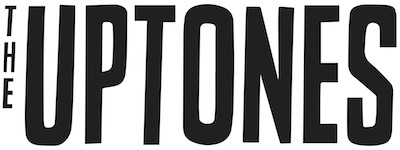
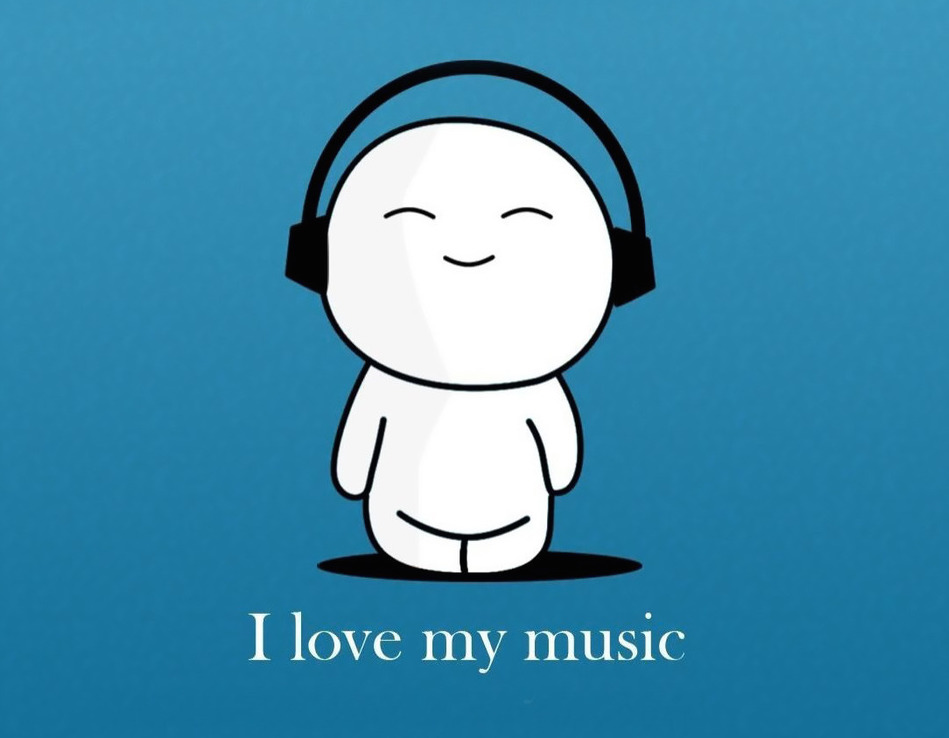
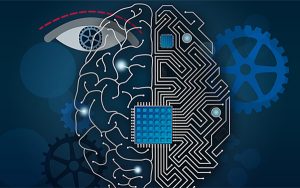 The “jukebox that pays,” the major label’s Frankenstein,
The “jukebox that pays,” the major label’s Frankenstein, 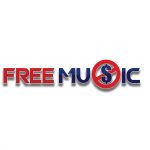
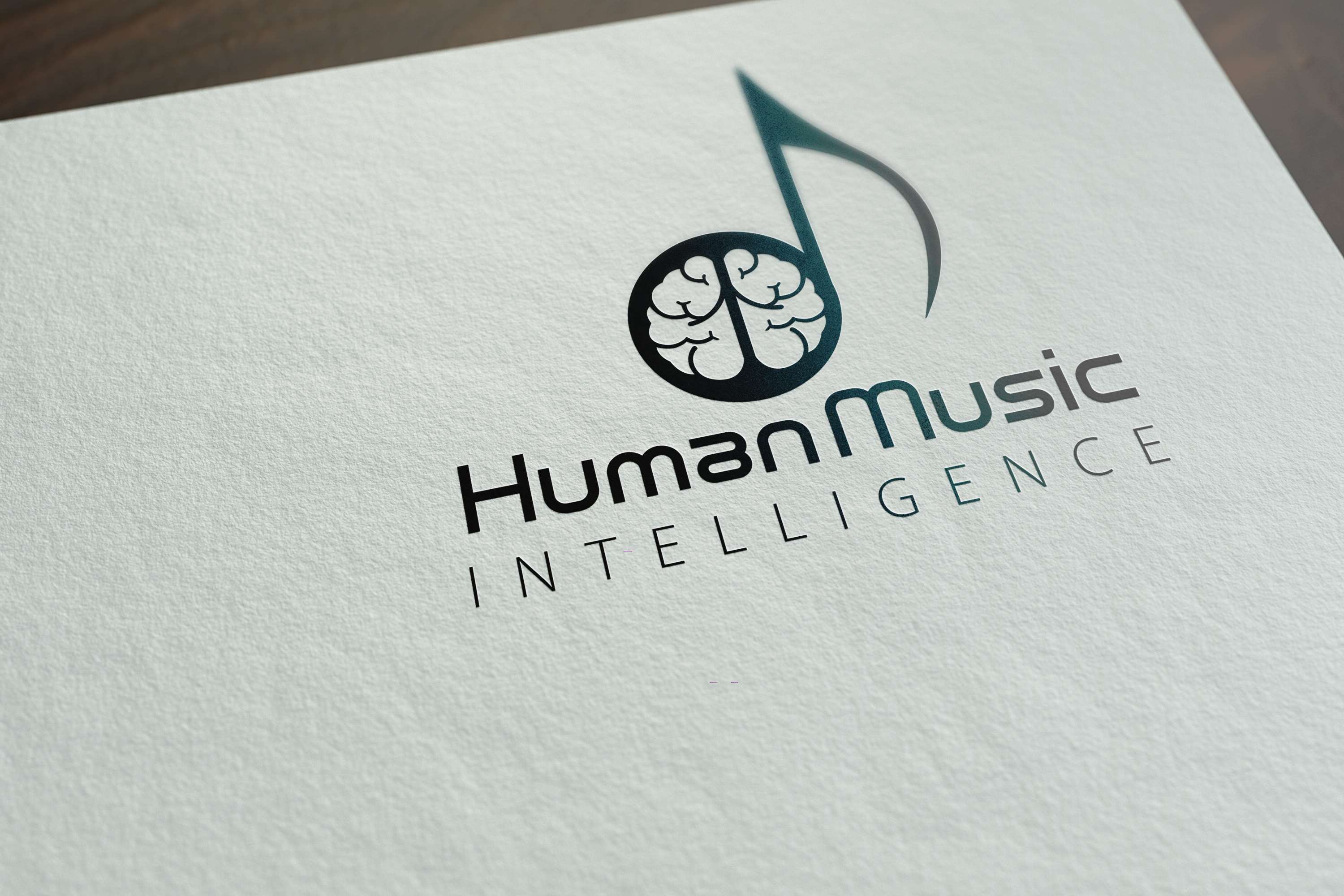 The idea of using
The idea of using